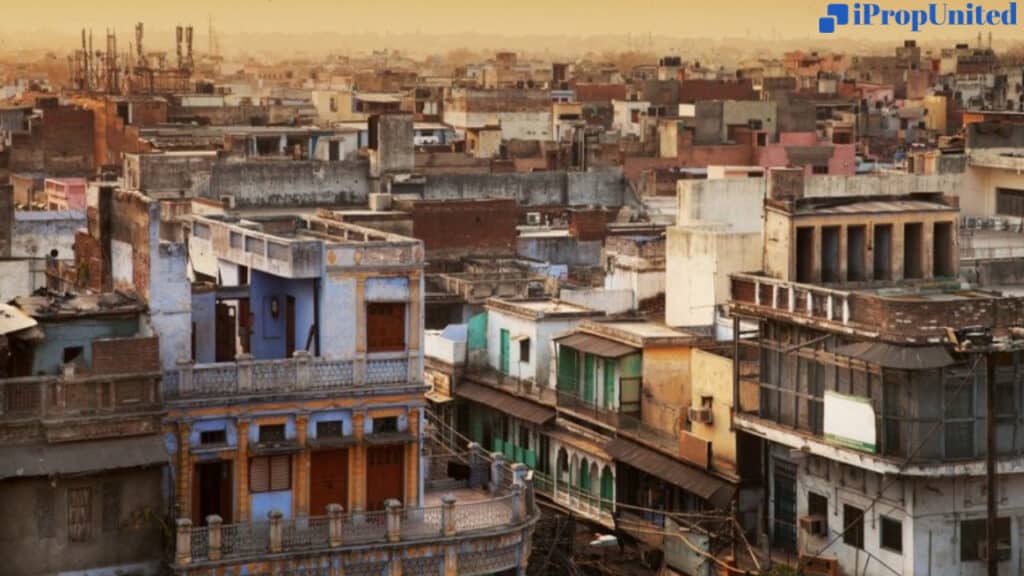The report highlighted discussions held by the high-level committee for the rejuvenation of the Yamuna regarding unauthorized colonies lacking connections to the sewage network.

Chief Secretary Naresh Kumar of Delhi has informed the National Green Tribunal (NGT) that a significant portion of the city’s sewage is treated, with 82% undergoing treatment, while the remainder originates from unauthorized colonies. Out of Delhi’s 1,799 unauthorized colonies, 1,031 are presently linked to sewage treatment plants.
Naresh Kumar revealed, “Of the total 1,799 unauthorized colonies in Delhi, sewer lines were laid and operationalized in 747 colonies for sewage treatment in STPs or decentralized sewage treatment plants (DSTPs) by January 2023. Over the past year, sewerage networks have been extended to an additional 284 unauthorized colonies, bringing the total number of colonies with sewerage networks to 1,031 out of the total 1,799.”
The chief secretary submitted a detailed report to the NGT, stating that efforts are underway to provide sewerage networks to the remaining 768 unauthorized colonies, which are currently in various stages of progress.
Additionally, the report highlighted discussions held by the high-level committee for the rejuvenation of the Yamuna regarding unauthorized colonies lacking connections to the sewage network.
“At a meeting on January 10, the committee instructed the Delhi Development Authority (DDA) to furnish the status of four unauthorized colonies falling under the ‘O zone’ to the Delhi Jal Board (DJB). DJB has been directed to accelerate the installation of sewerage networks in remaining unauthorized colonies, including those for which No Objection Certificates (NOCs) have been issued by the forest department, those approved by the Archaeological Survey of India (ASI), those not under ASI jurisdiction, and 22 colonies identified by DJB,” the report outlined.
Follow and Connect with us: Twitter, Facebook, Linkedin, Instagram








